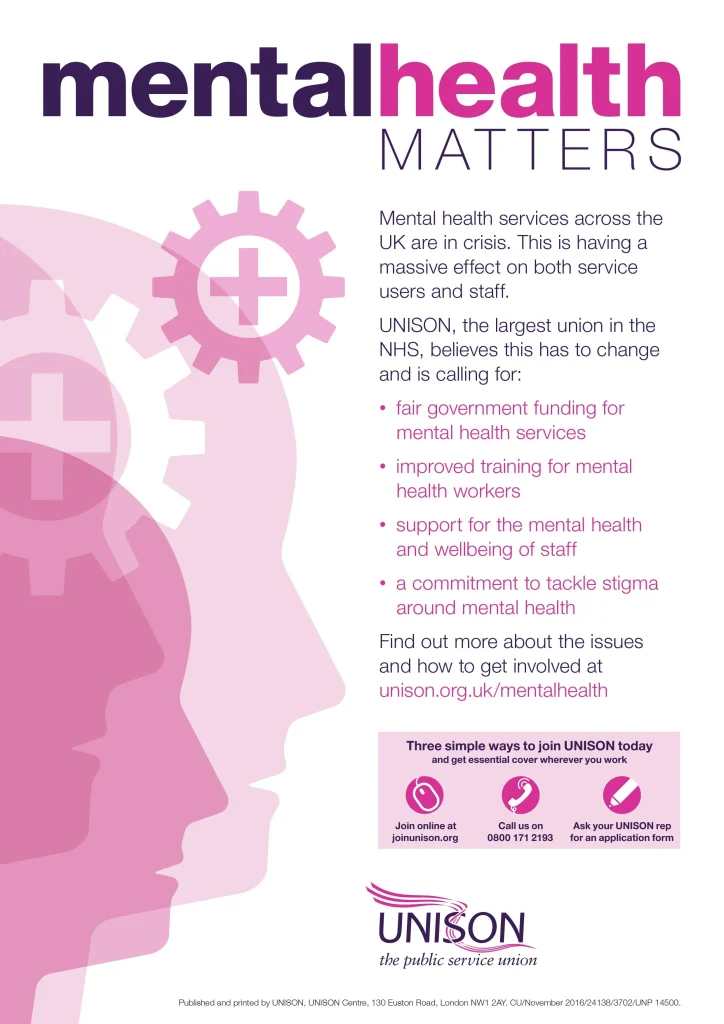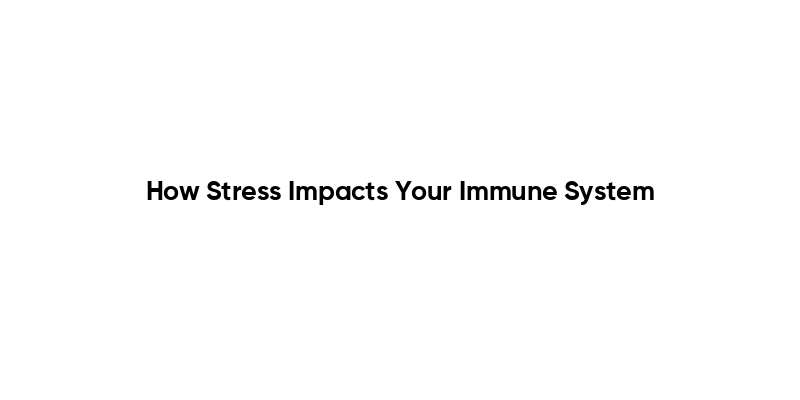Mental health matters shape our everyday life, influencing work performance and personal relationships in subtle yet lasting ways. When stress stacks up from deadlines, caregiving duties, or financial worries, small, consistent steps—such as a brief morning check-in, a short walk, or a pause for breathing—can protect mood and energy over time for many people who juggle multiple roles. This introductory paragraph blends practical tips with SEO-friendly language so readers can find credible paths to better well-being through stress reduction techniques and mental wellness tips in a way that feels doable within a busy schedule. By embracing stress management strategies and mindfulness for stress relief, you can reduce overwhelm, improve focus, and foster resilience in daily life, at home, and at work without requiring heroic effort and with room for adaptation. Start with simple, achievable routines that honor self-care for mental health and pave the way for lasting positive change, knowing that every small effort adds up and that progress can feel rewarding.
Beyond the headline, the topic shifts to emotional balance, psychological health, and daily well-being that support performance and connection. People build coping skills, regulate stress, and cultivate routines that nurture mood, energy, and social ties. This broader framing emphasizes mental fitness, resilience, sleep quality, nutrition, exercise, and mindful attention to thoughts and emotions. In practical terms, taking small steps toward self-care and healthy habits creates a robust foundation for lasting wellness in every area of life.
Mental Health Matters: Integrating Stress Management into Daily Routines
A daily routine centered on small, repeatable actions can counter the fog of chronic stress. When you frame Mental health matters as a consistent priority, you build resilience even on demanding days. This approach uses practical tools like simple breathing, short movement, and grounding techniques as core pieces of your stress management strategies.
Start with a clear template: a five-minute morning breathing exercise, a brief midday walk, and a consistent wind-down ritual before bed. These are classic stress reduction techniques that fit into busy schedules and become steady pillars of mental wellness tips. Over weeks, these tiny habits boost mood, focus, and energy without requiring dramatic changes.
Mindfulness in Action: Mindfulness for Stress Relief and Self-Care for Mental Health
Mindfulness in practice helps you observe stress signals without getting carried away, creating a pause between stimulus and response. By leaning into mindfulness for stress relief, you reduce reactivity and improve emotional balance, even during busy or challenging days. This steady awareness supports healthier choices and a steadier mood.
Pair mindfulness with consistent self-care for mental health to sustain momentum. Short digital breaks, time in nature, journaling, and meaningful social contact are concrete steps that translate into ongoing mental wellness tips. When self-care for mental health is treated as essential, it strengthens resilience and daily well-being.
Frequently Asked Questions
What are effective stress reduction techniques to support Mental health matters in daily life?
To support Mental health matters, try these accessible stress reduction techniques: Slow, deliberate breathing (box breathing or 4-7-8) to calm the nervous system and sharpen focus (mindfulness for stress relief). Grounding your senses with the 5-4-3-2-1 exercise helps during moments of stress. Short movement breaks (a 5–10 minute walk or light stretching) lift mood and energy and align with stress management strategies. Prioritize sleep hygiene and regular meals and hydration to stabilize mood and resilience. Include simple self-care routines that fit into your day to reinforce self-care for mental health. By weaving these into a predictable routine, you support Mental health matters and reduce the impact of daily stress.
Which mental wellness tips and stress management strategies help maintain Mental health matters during busy weeks?
A practical approach is to adopt two or three small, realistic steps that pair mental wellness tips with stress management strategies. For example: start with a 5-minute mindful breathing exercise, take a 10-minute walk, and finish with a brief journaling session or gratitude practice. Establish a predictable wind-down routine before bed to improve sleep and mood. By making these regular habits part of daily life, you reinforce Mental health matters and build long-term resilience.
| Aspect | Key point |
|---|---|
| Core idea | Mental health matters in everyday life; stress can feel like a fog, but small, consistent steps protect well‑being and improve mood, focus, and resilience. |
| Approach | Aim for sustainable, realistic habits rather than perfect routines; focus on small actions that add up over days and weeks. |
| Stress impact | Chronic stress can affect sleep, energy, immune function, and mood; building a toolkit of strategies and practicing them consistently yields lower anxiety, better concentration, and steadier temperament. |
| Techniques (quick wins) | Breathing (4-7-8 or box breathing); grounding (5-4-3-2-1); short movement breaks; sleep hygiene; hydration and nutrition. |
| Mindfulness & self-care | Mindfulness paired with regular self-care creates a sustainable foundation; treat self-care as essential for Mental health matters, not a reward. |
| Daily routine | Prioritize two to three small actions each day; consistency matters more than perfection; examples include a 5-minute morning breathing, a 10-minute walk at lunch, and a wind-down routine. |
| Overcoming obstacles | Break tasks into micro-steps and set micro-goals; schedule reminders and pair activities with enjoyable moments to maintain momentum. |
| Putting it all together | Two to three practical steps: a 5-minute morning routine with mindful breathing, a daily movement habit, and a consistent sleep wind-down, plus grounding and gratitude or journaling. |
| Practical exercises this week | 4-7-8 breathing for two minutes, a 10-minute nature walk, a 5-minute journaling session, one screen-free hour before bed, and a balanced plate at each meal. |
| Benefits beyond stress techniques | These practices contribute to broader mental wellness, improving concentration, relationships, and a sense of empowerment; Mental health matters is supported by accessible daily actions. |
Summary
Conclusion: Mental health matters guide everyday life by shaping how we respond to stress, connect with others, and pursue our goals. This descriptive overview highlights how small, consistent routines—such as mindful breathing, regular movement, and a steady sleep routine—can build lasting wellness. By prioritizing practical, accessible self-care, you can strengthen resilience, improve mood, and sustain performance across relationships, career, and personal growth. When Mental health matters is treated as an ongoing daily practice rather than an afterthought, life tends to feel steadier, more connected, and better prepared to face challenges with confidence and resilience.



